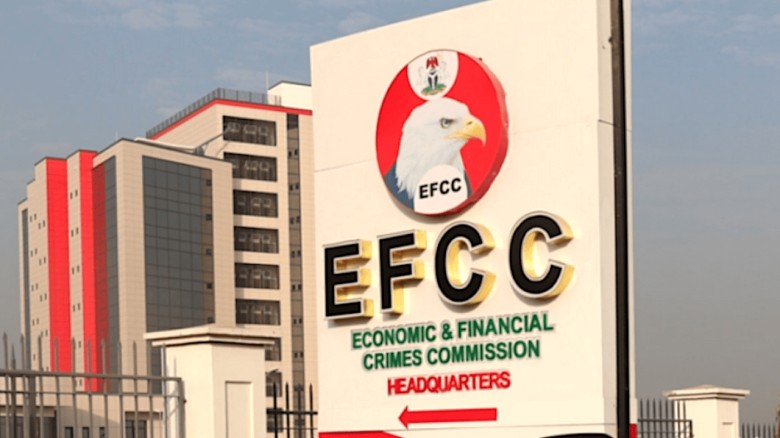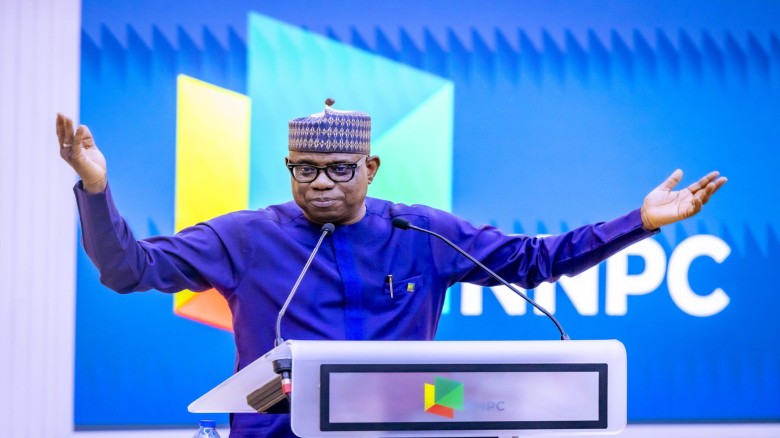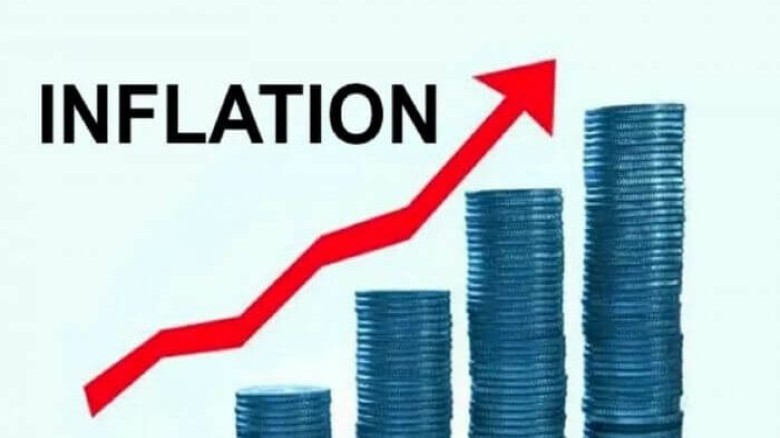Excessive cash settlements driving high core inflation in Nigeria – Expert
Charles Iyore, Principal Partner at Dion & Associates Ltd, believes that Nigeria's excessive reliance on cash settlements contributes to high core inflation.On Saturday, Iyore spoke with Channels TV's Sunrise Daily about the challenges of cash-based transactions and inefficiencies at the federal and state levels.
Iyore identified excessive cash transactions as a major contributor to Nigeria's inflation problems, emphasising the misalignment between monetary policy and actual economic activity.
"We have an economy in which many people do not participate—it's as if they are spectators. This exclusion causes distortions.
"What proportion of the capital is converted into currency transactions? How much of that currency is used in a way that does not cause inflation? "If every settlement is in cash, it is difficult to moderate prices, resulting in high core inflation," Iyore stated.
Iyore advocated for a more robust monetary framework to address the issue, stating that "a sound monetary system, with effective instrument controls and a treasury that directs growth, is essential." Without these, efforts to stabilise the economy are hampered.
He also advocated for national planning to create a structured economic blueprint for states, ensuring that development is coordinated throughout the country.
"Freedom does not imply that there are no boundaries. Each state should follow a well-defined strategy that is aligned with national objectives. "The lack of a unified framework leads to erratic fiscal behaviour," Iyore stated.
Dr. Gbenga Adeoye, Principal Partner at Gbenga Adeoye & Co Ltd, also spoke during the program, criticising state governments for their lack of initiative in addressing critical infrastructure and inflation.
Despite increased federal allocations of over N1 trillion, Adeoye claimed that state governments have failed to deliver tangible results.
"The federal government has historically been blamed for economic crises. However, 95% of state governments have not done what they should," he stated. "Some states have resources comparable to those in the United States, but where are the investments in roads, power plants, and industrial hubs? Most state governments are not to be found."
Adeoye lamented that inflation on essential goods, such as food, has risen above 40% and remains unchecked due to a lack of proactive state policies.
He also criticised politically motivated spending, claiming, "Instead of investing in critical infrastructure, states are purchasing SUVs for directors." This undermines any efforts to avoid inflationary spending.
While both experts agreed on the importance of non-inflationary spending, they proposed alternative solutions. Iyore emphasised the importance of centralised economic planning, urging the presidency to set a precedent for fiscal discipline in the 2025 budget.
The presidency must take the initiative. "He's the one we've entrusted with our mandate," Iyore declared.
























Leave A Comment